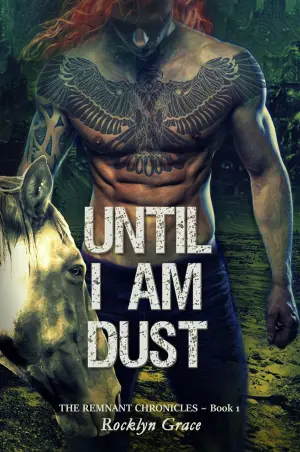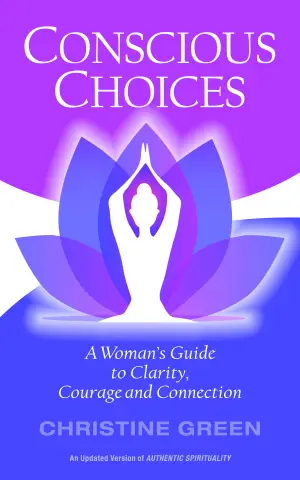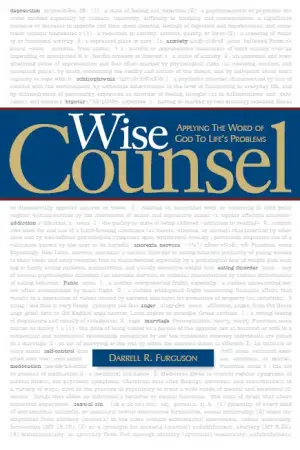I recently finished reading Trust by Hernan Diaz, a Pulitzer Prize-winning novel that has gained significant acclaim, including being featured on Barack Obama’s list of favorite books from 2022. Intrigued by the themes of wealth, deception, and the dynamics of personal relationships, I decided to dive into this book, especially given its compelling description that presents a riveting story set against the backdrop of New York’s elite in the roaring ’20s and the Great Depression.
From the onset, I found the book to be an ambitious exploration of multiple narratives surrounding the enigmatic couple, Benjamin and Helen Rask. The structure of the book is unique, dividing the story into four distinct parts that each offer different perspectives—something that kept my interest piqued throughout my reading journey. I appreciated the way Diaz weaves time and genre, creating a rich tapestry of interconnected stories. This is predominantly where I agree with Keith G. Rowley, who highlighted how the book compelled him to engage critically with it. The intricate narrative invites readers to contemplate the motives and reliability of the characters, effectively posing the question of how much trust we place in narratives we encounter, a theme that’s undeniably relevant in today’s world.
However, not all was smooth sailing. Some readers, like Jjspina, echoed my struggles with the narrative flow, particularly in how transitions occurred between different voices and timelines. The initial parts of the story felt disjointed and left me questioning what I was even reading at times. The three-part structure left certain elements seemingly incomplete, which resulted in a somewhat tedious reading experience for me in certain sections. This complexity might alienate some readers who prefer a more straightforward narrative, and I can’t blame them.
Another area that garnered mixed opinions—reflecting on what PJC mentioned—was Diaz’s writing style. While it can be beautifully crafted, at times it felt dense and required a considerable stay of focus to grasp the subtleties. I often found myself searching for definitions or re-reading passages to fully appreciate the layers he packed within his prose. Though I appreciate literary intricacies, I can understand how less patient readers might find it laborious.
Despite these drawbacks, I found much of Trust exhilarating. The novel’s exploration of class, power dynamics, and capitalism made me reflect on historical and contemporary issues. Diaz managed to capture the essence of the human condition—the ways in which our perceptions can be manipulated by others and the socio-economic fabric that often binds us to our fates.
As I moved through the book, I especially found the last perspective—the diary entries from Ida Partenza—deeply engaging. Her insights into the Rasks’ lives not only added depth but also served as an interesting lens through which to view the unfolding truth of their existence. Unlike other characters, who often felt two-dimensional, particularly Benjamin, Ida’s struggles and realizations added a layer of emotional resonance that I was grateful for by the end of the book.
Overall, I would rate Trust a solid 4 out of 5 stars. It compelled me to reflect thoughtfully on its themes, and while it challenged my reading abilities, and at times tested my patience, I found it to be a worthwhile experience. I would recommend it to anyone who enjoys literary puzzles and is open to a complex narrative structure. It’s certainly a book that benefits from careful contemplation and engagement, rewarding those willing to invest their time and energy.








